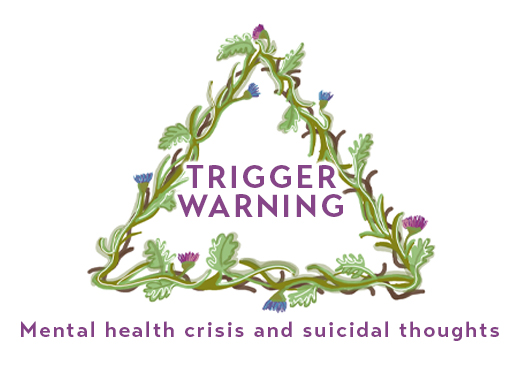4.6 What else can help?
So, how else can you best support a learner who is experiencing suicidal thoughts?
One of the most important actions you can take is to just be there for the learner, to be willing to just listen, and to give undivided care and attention. While this may not feel as though you are doing much, being willing and able to support your learner can be very valuable. You might consider some of the following actions:
- Suggest going somewhere that is a safe space, quiet and away from distractions. However, if the learner doesn’t want to move, don’t force this.
- Tell the learner they are not alone, and that you are there for them. Offer lots of reassurance and encourage them to talk to you. They may not wish to talk about their feelings but, by giving gentle reassurances, they may be more likely to open up.
- Use open questions (questions that cannot be answered with just a ‘yes’ or ‘no’ – see Week 3, Section 3.2 and Activity 9) and listen with your full attention to what is said in reply.
- Stay calm and breathe slowly. Looking after yourself is very important too and staying calm will show the person that you are in control of yourself and may also help them to model this behaviour.
- You can ask the learner if they’ve experienced their current feelings before. If so, ask whether they have a safety plan that they use.
- Ask whether the learner already has a GP, psychiatrist or community psychiatric nurse contact who knows about their mental health. If they do, ask if they can be reached by phone.
- If the learner has self-harmed, use visual cues to determine if medical attention is required and if it is urgent. If you think the person is in immediate danger, then you should call an ambulance on 999 without delay and seek assistance from others.
Further guidance on developing confidence in talking about suicidal thoughts and intentions can be found on the following page of the Charlie Waller website: Being confident to talk about suicide.


